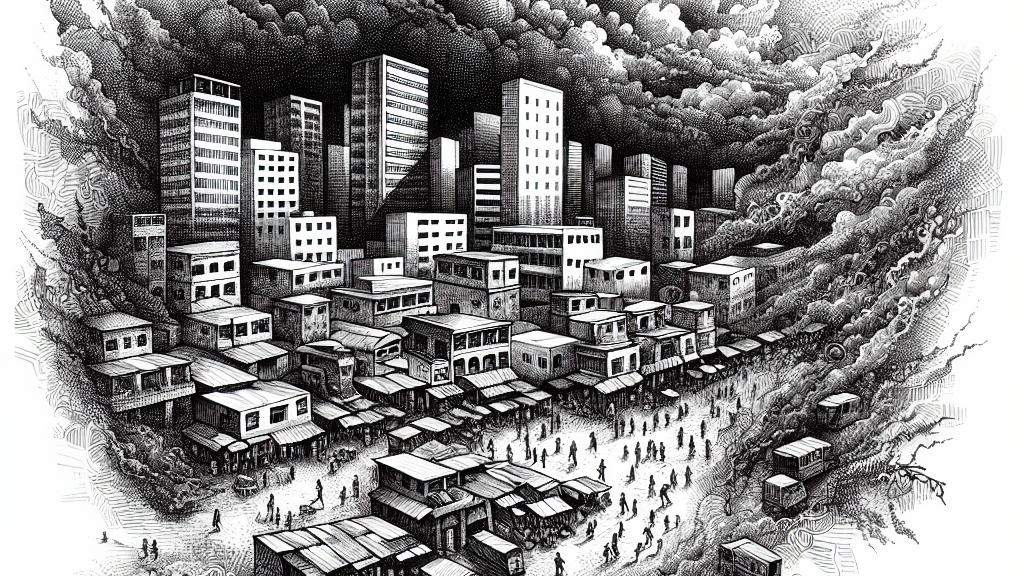Understanding the Tension in Mozambique Over Elections
Overview
- Maputo is on edge as the nation anticipates a crucial court ruling on contested election results.
- Protests ignited by October's election have revealed deep societal rifts and a yearning for justice.
- Leaders and citizens alike emphasize the need for dialogue and resolution amid growing violence.

Background on the Election Dispute
In the enchanting yet tumultuous land of Mozambique, a country found on the stunning southeastern coast of Africa, the political climate is charged with uncertainty. Maputo, the vibrant capital, is currently engulfed in unrest as citizens await a pivotal court ruling that could determine the fate of the recent presidential election. This election was marked by controversy; Frelimo, the ruling party, celebrated a resounding victory according to the official numbers. However, accusations of electoral fraud have emerged, led by the impassioned opposition leader Venâncio Mondlane, who claims the results were anything but fair. The tension has transformed Maputo, which is typically alive with bustling markets and laughter, into a quiet realm of anxiety and fear, showing the heavy price of perceived injustice.
Impact of Protests
The protests that erupted following the election have escalated into a heartbreaking saga of violence and loss. Tragically, reports indicate that over 110 lives have been lost amidst the chaos, many due to violent confrontations with police, who some argue overstepped their bounds. The gravity of these events weighs heavily on the hearts of many Mozambicans, who now feel an urgent need for their voices to be heard. Mondlane, now living in exile due to threats to his safety, passionately shares his message through social media, urging supporters to continue their fight for justice. His rallying cries serve as a stark reminder of the ongoing struggle for democratic representation, resonating with those who feel that their future is at stake. As roadblocks and protests become a regular sight in Maputo, the air buzzes with tension and defiance, a powerful mix that points to a significant moment in the nation's history.
International Observations and Future Implications
As the unrest unfolds, the international community watches closely, raising alarms about the fairness of Mozambique's electoral process. Independent observers have highlighted serious discrepancies, uncovering irregularities that challenge the legitimacy of the results. With the Constitutional Court set to announce its ruling, the stakes could not be higher; this decision holds the potential to either restore hope or plunge the country deeper into turmoil. Meanwhile, Pope Francis has implored all parties to seek peace, resonating deeply within this predominantly Catholic nation. This moment could serve as a turning point for Mozambique—a chance to either solidify its democratic norms or allow frustrations to fester further. The outcome of this ruling will undeniably shape not only the political landscape but also the hearts and minds of its citizens as they navigate their hopes for justice and stability in the face of adversity.

Loading...